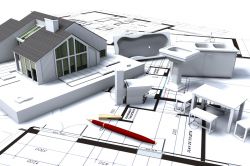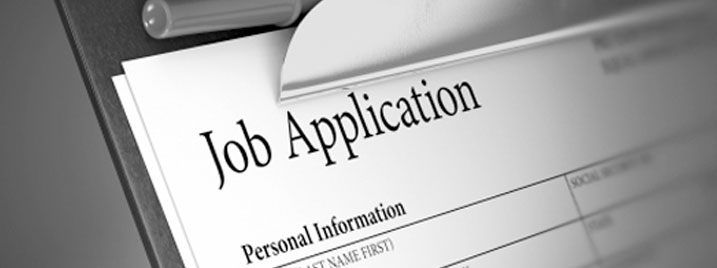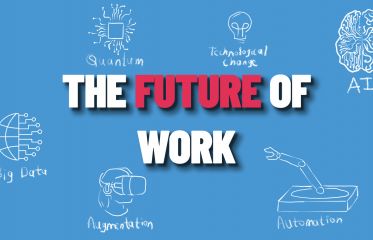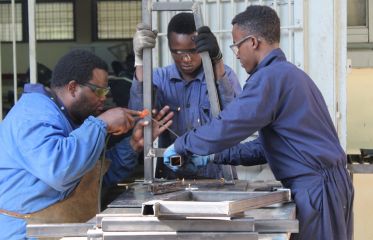Looking for employment is one of the most challenging jobs you will ever have. Finding "your" job rather than "a" job is important because work significantly affects your satisfaction in life.
As you begin to look for your next position, think about how it fits into your overall career plan. Is it work that will give you the experience you need to begin or continue your progression toward your longer-term career goals? Is it work you will enjoy doing? Will you feel passionate about it?
A thorough understanding of your personality, interests, values, skills, and knowledge will help you direct your efforts. Only you know what kind of work you want and what you are best qualified for. Employers want to know why you selected their organization and what you are prepared to do for them.
Where are you heading in the future? What skills will you need to update? With a clear focus, you will be able to prepare excellent resumes and letters, and present your strengths in interviews.
Questions to Ask
Before you embark on your search, you should reflect on what is important to you in a potential work opportunity. Consider the following:
| 1. Labor Market Needs / Demands | Is there a demand for your skills, experience, and qualifications? What skills, education, and experience are employers seeking? What trends might impact the future of this type of work? Is this field likely to grow, decline, or shift? What and who is your competition? Does demand vary by geographic location? |
| 2. Work Environment | Do you want to work indoors or outdoors? What kind of workplace do you prefer? Do you prefer a calm or busy workplace? |
| 3. Fulfillment | What kind of work satisfies you best? Is it crucial for you to believe that your work is meaningful and important? What kind of impact does your work need to make? |
| 4. Work Preferences | Is it important for you to work on a project from beginning to end? Do you like to complete one project at a time or to work on several projects at the same time? How important is it to see the results of your work? How creative do you want to be? Do you enjoy work with tasks and goals that are clearly outlined for you? Do you like routine tasks or prefer more variety? |
| 5. Competence & Responsibility | Do you like to be involved in work that requires a high level of education, skills, and knowledge? What kind of responsibilities do you want as you advance? Do you want to take on a leadership (formal or informal) or a supporting role? |
| 6. Challenge | What challenges you? Will you have the opportunity to make important decisions? Will you be called on to grow and develop new skills and areas of knowledge? |
| 7. Work Relationships | What kind of people do you work with most effectively? Is it important to you to develop relationships? What percentage of the time would you like to work independently or as a team member? How often and how do you like to interact with others? |
| 8. Advancement Potential | What opportunities may arise from this position? What factors affect your ability to advance in this field? |
| 9. Learning Opportunities | Are professional, educational, and training opportunities available to increase your skills and knowledge? Who is eligible, and what policies govern these opportunities? Is financial support available? |
| 11. Prestige / Status | How important is a title or a position of influence/high regard? |
| 12. Hours | Do you prefer regular or flexible working hours? How many hours during the week are you able to commit? How important is having a balance between work and leisure? Is this negotiable? |
| 13. Geographic Location | Where do you want to work? Do you prefer a city or a rural community? How long is the commute? Is public transit available? |
| 14. Travel / Relocation | Is travel required and, if so, where, how long, and how often? Will you need to relocate? |































